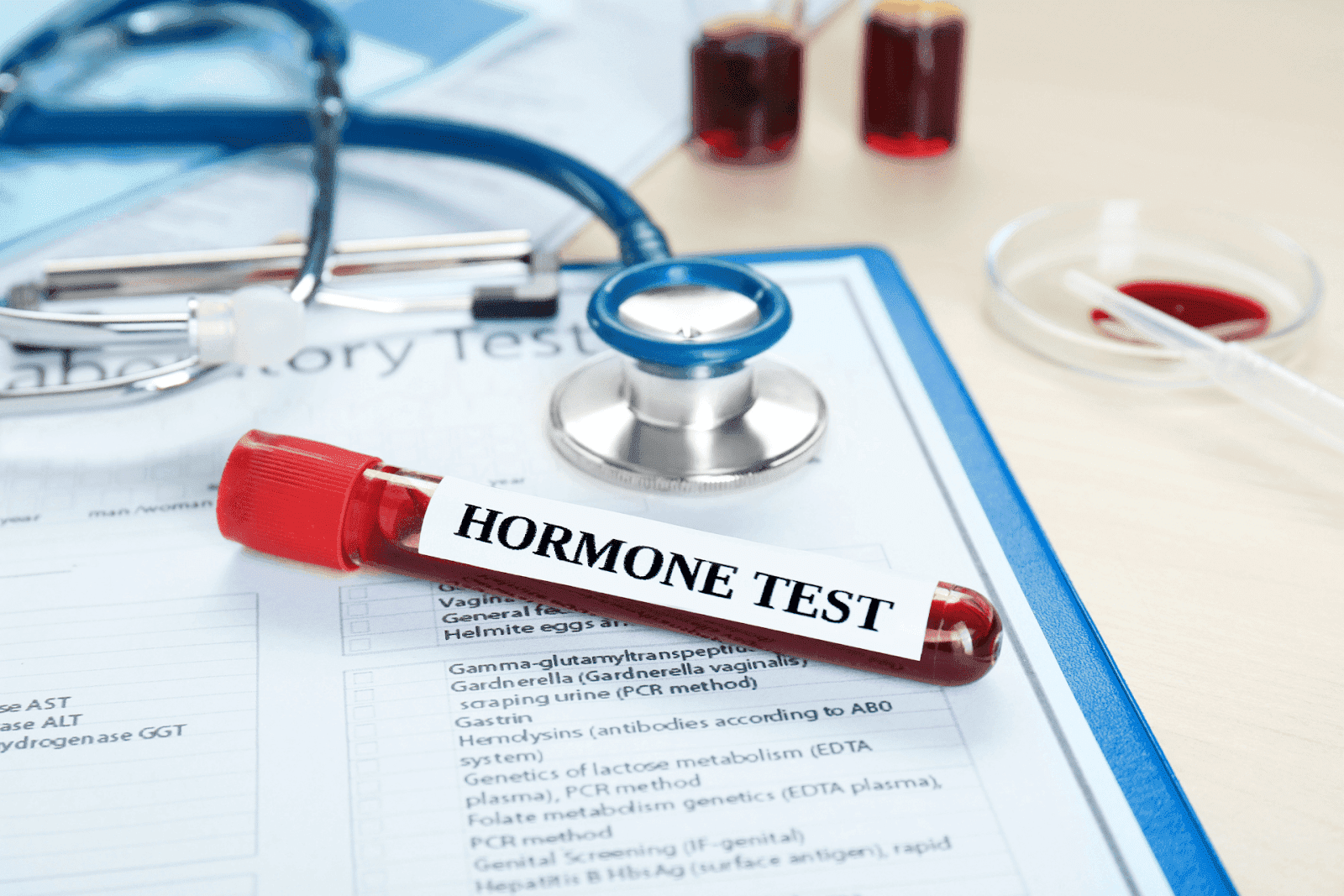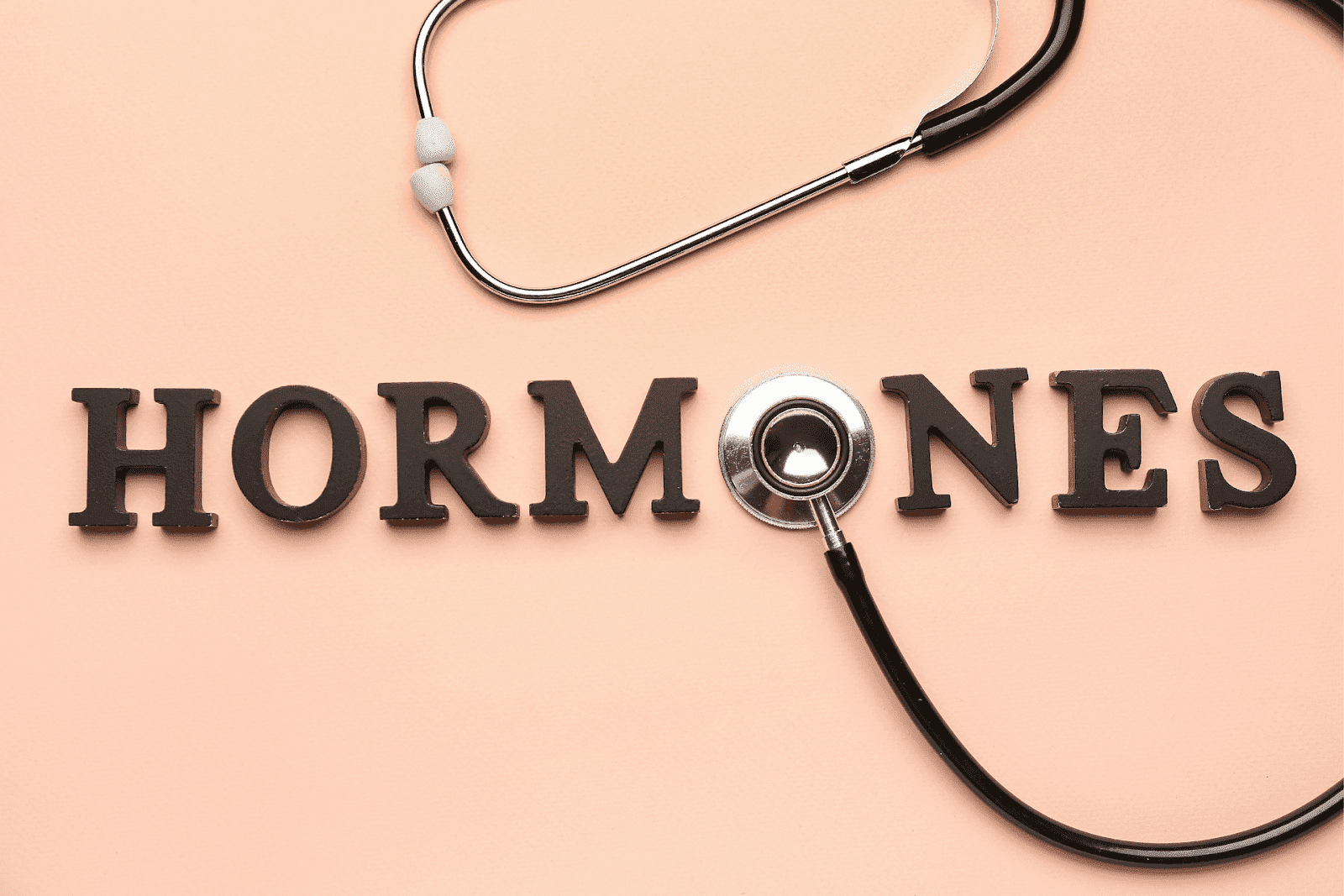Hormones play a critical role in regulating many of the body’s essential functions, from metabolism and mood to growth and reproductive health. When hormone levels are out of balance, it can lead to a variety of symptoms that affect quality of life. Identifying a hormone imbalance early is key to effective treatment, but many people wonder when exactly they should get tested to ensure accurate results. This article explores the best times to get tested for hormone imbalances, what factors influence testing accuracy, and how modern telehealth services like Doctronic.ai can make the process easier and more accessible.
Understanding Hormone Imbalances and Their Symptoms
Hormones are chemical messengers produced by glands in the endocrine system. They regulate everything from energy levels and mood to reproductive cycles and immune responses. When hormone levels are too high or too low, it disrupts normal bodily functions, resulting in symptoms such as fatigue, weight changes, mood swings, irregular menstrual cycles, or difficulty sleeping.
Common hormone imbalances include thyroid disorders, adrenal insufficiency, sex hormone imbalances such as estrogen or testosterone irregularities, and insulin resistance. Because symptoms often overlap with other health conditions, hormone testing is an essential step in diagnosis and treatment planning. For instance, hypothyroidism can manifest as fatigue and weight gain, symptoms that are often mistaken for lifestyle factors or other health issues. This overlap underscores the importance of a thorough evaluation by healthcare professionals who can interpret hormone levels in the context of a patient’s overall health.
 Why Timing Matters in Hormone Testing
Why Timing Matters in Hormone Testing
Hormone levels naturally fluctuate throughout the day, month, and even year. For example, cortisol, the stress hormone, follows a daily rhythm, peaking in the morning and declining by evening. Similarly, female sex hormones such as estrogen and progesterone vary throughout the menstrual cycle. Testing at the wrong time can lead to misleading results, which may delay diagnosis or lead to inappropriate treatment.
Therefore, understanding the optimal timing for hormone testing is crucial to obtaining the most accurate and clinically useful information. For instance, testing for testosterone levels in men is often recommended in the morning when levels are at their highest, while women may need to schedule tests for estrogen and progesterone during specific phases of their menstrual cycle to capture accurate readings. Additionally, factors such as stress, diet, and sleep can also influence hormone levels, making it essential for patients to provide their healthcare providers with a comprehensive overview of their lifestyle and health history. This holistic approach not only aids in pinpointing the exact nature of the imbalance but also helps in tailoring a more effective treatment strategy.
The Best Time to Get Tested for Common Hormone Imbalances
Thyroid Hormones
Thyroid hormones regulate metabolism and energy levels. Testing typically includes measuring Thyroid-stimulating Hormone (TSH), free T3, and free T4 levels. Since thyroid hormone levels remain relatively stable throughout the day, testing can generally be done at any time. However, some experts recommend morning testing before eating or taking thyroid medication to avoid skewed results.
Cortisol and Adrenal Hormones
Cortisol follows a circadian rhythm, peaking shortly after waking and reaching its lowest point late at night. For this reason, the best time to measure cortisol is usually early in the morning, around 7 to 9 a.m., to capture peak levels. Sometimes, doctors may order additional tests such as late-night salivary cortisol to evaluate adrenal function more comprehensively.
Sex Hormones in Women
Female sex hormones like estrogen and progesterone vary significantly throughout the menstrual cycle. For women with regular cycles, the timing of testing depends on the hormone of interest:
Estrogen: Often measured on days 3 to 5 of the menstrual cycle to assess baseline levels.
Progesterone: Typically tested about 7 days before the expected period, during the luteal phase, to confirm ovulation.
Women with irregular cycles or those on hormonal birth control may require specialized timing or different testing approaches, which can be discussed with a healthcare provider.
Sex Hormones in Men
Testosterone levels fluctuate throughout the day, usually peaking in the early morning. For accurate results, testosterone testing is best done between 7 and 10 a.m. Multiple tests may be necessary to confirm a diagnosis of low testosterone or other imbalances.
Insulin and Blood Sugar Hormones
Testing for insulin resistance or diabetes typically involves fasting blood glucose and insulin measurements. Since food intake affects these levels, fasting for at least 8 hours before testing is essential for accuracy.
Factors That Influence Hormone Testing Accuracy
Medications and Supplements
Certain medications, including hormonal contraceptives, steroids, and thyroid medications, can affect hormone levels. It is important to inform your healthcare provider about any medications or supplements you are taking prior to testing. In some cases, temporary discontinuation may be recommended to get accurate results.
Stress and Lifestyle
Stress, sleep patterns, diet, and exercise can influence hormone levels. For example, acute stress can elevate cortisol temporarily. To minimize variability, try to maintain consistent lifestyle habits before testing and avoid strenuous exercise or stressful events on the day of the test.
Age and Health Conditions
Age-related changes and underlying health issues can impact hormone levels. For instance, menopause causes significant shifts in estrogen and progesterone. Discussing your health history with a healthcare provider helps interpret test results correctly.
How to Get Tested Conveniently and Accurately with Telehealth
Accessing hormone testing and expert medical advice has been revolutionized by telehealth services. Doctronic.ai provides fast, affordable, and convenient access to healthcare professionals who specialize in hormone health. Doctronic’s AI-powered platform offers free AI doctor visits that synthesize the latest peer-reviewed medical research to provide personalized guidance. If further evaluation is needed, patients can schedule inexpensive telehealth video visits with licensed doctors available 24/7 across all 50 states.
Using telehealth for hormone testing offers several advantages:
Convenience: No need to travel to a clinic or wait weeks for an appointment.
Personalized Care: The AI remembers your medical history and provides tailored recommendations.
Speed: Get answers and treatment plans quickly, often within seconds for AI consultations.
Cost-Effectiveness: Affordable telehealth visits under $40 make ongoing care accessible.
After a telehealth consultation, your provider can order appropriate hormone tests at a local lab or through at-home testing kits, ensuring the timing aligns with your specific needs.
Preparing for Your Hormone Test
To maximize the accuracy of hormone testing, consider these preparation tips:
Follow Fasting Instructions: For tests requiring fasting, avoid food and drink except water for at least 8 hours.
Schedule Testing at the Right Time: Coordinate with your healthcare provider to test at optimal times, such as early morning for cortisol or specific days of the menstrual cycle for sex hormones.
Avoid Certain Medications: Discuss with your provider whether you should pause medications that could affect results.
Maintain Normal Routine: Avoid unusual stress or exercise before testing to prevent temporary hormone fluctuations.
When to Seek Medical Advice for Hormone Imbalance Symptoms
If you experience persistent symptoms such as unexplained fatigue, mood changes, irregular periods, weight gain or loss, or sexual dysfunction, it may be time to get tested for hormone imbalances. Early diagnosis can prevent complications and improve quality of life.
Using a trusted telehealth platform like Doctronic.ai allows you to quickly assess your symptoms, receive an AI-driven preliminary diagnosis, and connect with a doctor for further evaluation and testing recommendations. This approach streamlines care and ensures you get the right tests at the right time.
 Choosing the Best Time for Hormone Tests
Choosing the Best Time for Hormone Tests
Getting tested for hormone imbalances at the right time is essential for accurate diagnosis and effective treatment. Because hormone levels fluctuate naturally, timing your tests according to the specific hormone and your individual health context is crucial. Whether it’s early morning cortisol, mid-cycle progesterone, or fasting insulin, understanding when to test helps avoid misdiagnosis and delays.
Modern telehealth services like Doctronic.ai make hormone testing more accessible and personalized than ever before. By leveraging AI-powered consultations and affordable video visits with licensed doctors, patients can get expert guidance on testing timing and interpretation from the comfort of home.
If you suspect a hormone imbalance, don’t wait. Connect with Doctronic.ai today to start your journey toward better health with precise, timely hormone testing and care.
Take Control of Your Hormone Health with Doctronic
Don't let hormone imbalances disrupt your life. With Doctronic, you can access the #1 AI Doctor for a free, comprehensive evaluation of your symptoms, anytime, anywhere. Our AI-powered platform offers personalized care, drawing on the latest peer-reviewed medical research to provide you with the most accurate and modern medical advice. Experience the convenience of quality care in seconds and the comfort of a doctor who remembers every detail about you. Ready to get started on your path to better health? Skip the line. Talk to an AI Doctor Now, for free.



 Why Timing Matters in Hormone Testing
Why Timing Matters in Hormone Testing Choosing the Best Time for Hormone Tests
Choosing the Best Time for Hormone Tests